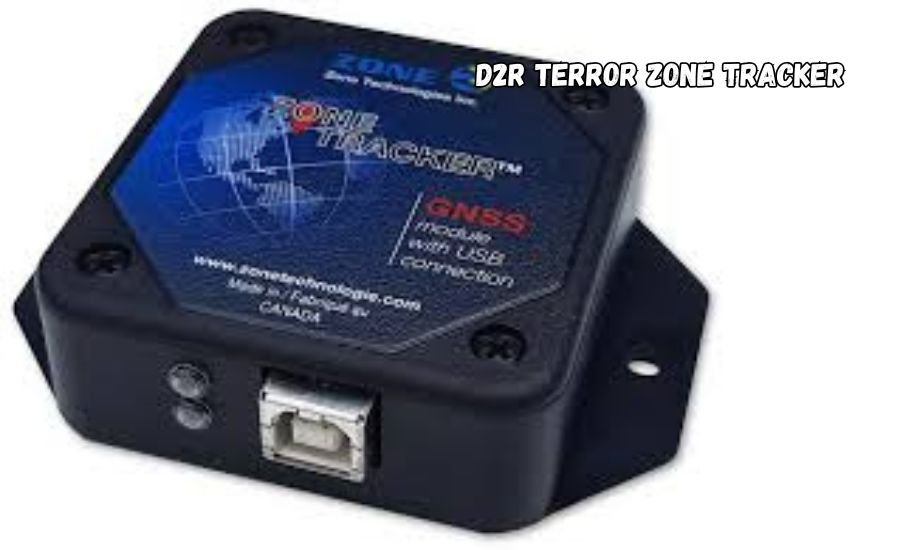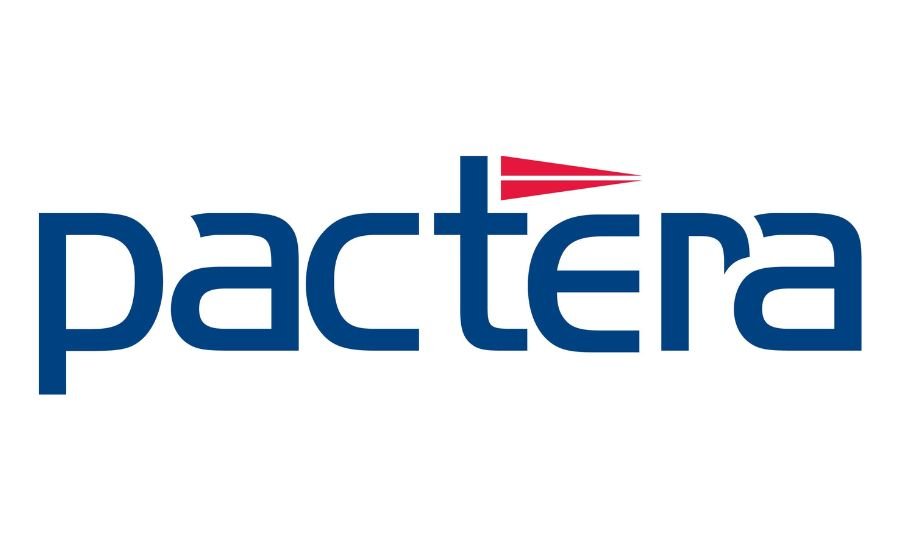Unveiling the Power and Truth: Navigating “Puterea și Adevărul” in the Digital Age
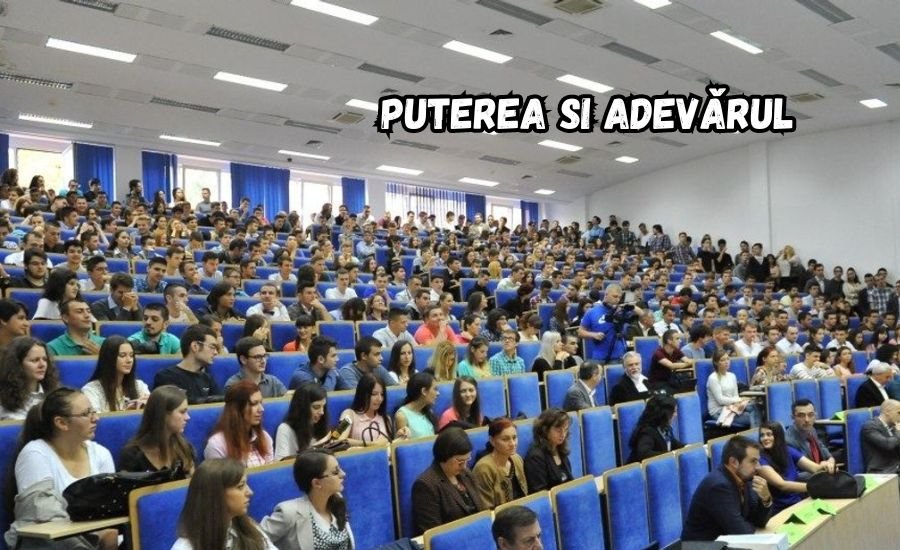
In today’s rapidly advancing world, where technology and information shape the very fabric of society, the concepts of puterea (power) and adevărul (truth) have become more intricate and impactful than ever. From industries like aviation to the realms of politics and global economics, these two forces define how systems operate and how individuals interact. In the context of “puterea și adevărul”, understanding their roles in shaping industries, technological advances, and societal norms is essential.
This article delves deep into how power and truth manifest in modern sectors, focusing on their influence in aviation, politics, and beyond. We will explore how these concepts intertwine to drive progress while simultaneously highlighting the ethical considerations that industries must face as they balance influence with transparency.
Puterea și Adevărul: Navigating Power and Truth in the Digital Era
In a fast-evolving world dominated by technology and rapid information flow, the concepts of puterea (power) and adevărul (truth) have become increasingly complex. These two pillars are not only crucial in shaping industries and economies but also in determining how society functions and how individuals interact in the digital age. The keyword “puterea și adevărul” has become especially relevant, as it reflects a broader societal conversation around influence, transparency, and ethics.
In this article, we will explore the interplay of power and truth, with a specific focus on their roles in various sectors such as aviation, politics, technology, and the global economy. We will look at how these forces shape both our present reality and the future we are collectively working toward.
Historical Context of “Puterea și Adevărul”
Throughout history, puterea and adevărul have been key elements in shaping civilizations. From the political power of empires to the pursuit of truth in science and philosophy, these concepts have been intertwined in human progress. The understanding of power used to be more centered on physical dominance or economic strength, while truth was seen as objective reality that could be pursued through reason and evidence.
However, as societies evolved, especially with the dawn of the digital age, these definitions became more nuanced. Power is no longer just about resources or control over territories; it extends into the digital realm where data, technology, and influence wield immense strength. Similarly, truth is no longer a straightforward concept—it is often obscured by misinformation, manipulated narratives, and competing versions of reality.
Power in Today’s Society
In the modern world, puterea has taken on various forms. It manifests economically, politically, and technologically, influencing how we live, work, and interact. Let’s explore these dimensions:
Economic Power
Economic power remains a dominant force in shaping global dynamics. Large corporations and industries, such as aviation, technology, and finance, exert tremendous influence over economies. For instance, the aviation sector not only facilitates global trade and tourism but also creates millions of jobs, contributing significantly to national GDPs. Airlines like Emirates, Delta, and Lufthansa serve as both economic engines and symbols of globalization.
The economic power of aviation is evident in its impact on international commerce. By connecting markets across the globe, aviation fosters economic integration and stimulates growth. The ability to transport goods and people quickly and efficiently makes aviation indispensable to global supply chains. As a result, countries with robust aviation industries tend to have stronger economic power on the world stage.
Political and Strategic Power
Puterea also plays a crucial role in politics. Governments harness power through military strength, diplomatic relations, and strategic positioning. In the aviation sector, political power is particularly visible in the establishment of international regulations and the strategic use of airspace.
Countries with advanced aviation industries, such as the United States, Russia, and China, use their airspace for both civilian and military purposes. The geopolitical importance of aviation is underscored by international alliances like NATO, which rely heavily on air mobility for defense purposes. Additionally, major airports often act as hubs of political influence, enabling countries to strengthen their global presence.
Moreover, organizations like the International Civil Aviation Organization (ICAO) set global standards that govern the aviation industry. These regulations are crucial for maintaining safety, security, and efficiency in air travel, and they reflect the broader exercise of political power on an international scale.
Technological Power
The digital age has brought about unprecedented technological advancements, making puterea more complex and dynamic than ever before. In industries like aviation, technology drives innovation and progress. From the development of fuel-efficient aircraft to advancements in avionics and navigation systems, technology continues to reshape the aviation landscape.
Technological power is also evident in emerging trends like autonomous drones and electric aircraft, which have the potential to revolutionize the industry. Companies are investing heavily in research and development to improve safety, reduce carbon emissions, and enhance the overall passenger experience.
In this context, puterea extends beyond mere economic or political influence—it includes the ability to shape the future through technological innovation. Those who control cutting-edge technology hold the key to unlocking new possibilities for industries and society at large.
Read Next: Heinzchinsmg
Truth in the Digital Era
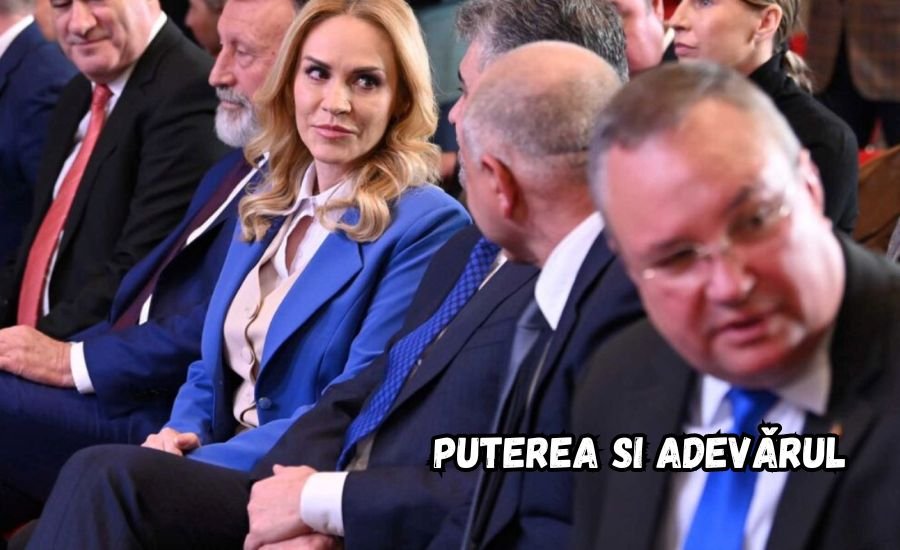
While puterea is often about influence and control, adevărul revolves around transparency, accountability, and integrity. In the digital era, where information is abundant but often unreliable, the pursuit of truth has become increasingly challenging. Here are some of the key areas where adevărul is essential:
Transparency in Operations
In industries like aviation, adevărul is paramount when it comes to operational transparency. Airlines and regulators are required to report safety incidents, performance metrics, and environmental impacts accurately. The aviation industry, for example, is under constant scrutiny, with passengers and stakeholders demanding greater transparency in everything from flight delays to environmental policies.
Transparency is critical not only for maintaining trust but also for ensuring that the industry remains safe and efficient. The disclosure of accurate information helps prevent accidents, promotes accountability, and strengthens public confidence in the aviation sector.
Combatting Misinformation
In the digital age, adevărul is often threatened by the spread of misinformation and fake news. The internet has democratized access to information, but it has also made it easier for false narratives to spread unchecked. This poses a significant challenge for both governments and industries, as misinformation can undermine public trust and disrupt social order.
In aviation, misinformation can have serious consequences. False reports about airline safety or environmental practices can damage reputations and erode consumer confidence. Therefore, it is crucial for industries to combat misinformation by providing accurate, verifiable information and ensuring that the truth prevails in public discourse.
Environmental Truth and Responsibility
One of the most pressing areas where adevărul is critical is in the aviation industry’s environmental impact. Aviation is responsible for a significant portion of global carbon emissions, and there is growing pressure on airlines to acknowledge and address their environmental footprint.
The truth in this context means being honest about the industry’s contribution to climate change and taking concrete steps to reduce emissions. Airlines are increasingly investing in fuel-efficient aircraft, alternative fuels, and carbon offset programs to mitigate their impact on the environment. Transparency about these efforts is essential for building public trust and driving meaningful change.
The Role of Aviation in Shaping “Puterea și Adevărul”
Aviation serves as a powerful case study in the intersection of puterea and adevărul. It demonstrates how industries can leverage their power to influence economies, politics, and technology, while also grappling with the responsibility of being truthful and transparent in their operations.
Economic Impact of Aviation
As mentioned earlier, the aviation industry is a major contributor to the global economy. It supports millions of jobs, facilitates trade, and boosts tourism. The industry’s economic power is evident in its ability to connect people and markets, making it a critical player in global commerce.
However, with great power comes great responsibility. Airlines must be truthful about their environmental impact and work towards more sustainable practices. This is where adevărul becomes a key factor in maintaining the industry’s credibility and legitimacy.
Political Influence and Strategic Importance
The aviation industry’s political influence is significant, particularly in terms of international relations and security. Countries with strong aviation sectors are better positioned to project their power on the global stage. However, this power must be exercised responsibly, with a commitment to international regulations and ethical standards.
Transparency in regulatory practices, as well as adherence to international standards, is crucial for ensuring that the industry operates fairly and safely. This is where adevărul plays a vital role in maintaining the integrity of the aviation sector.
Sustainability and the Future: A New Kind of Power and Truth
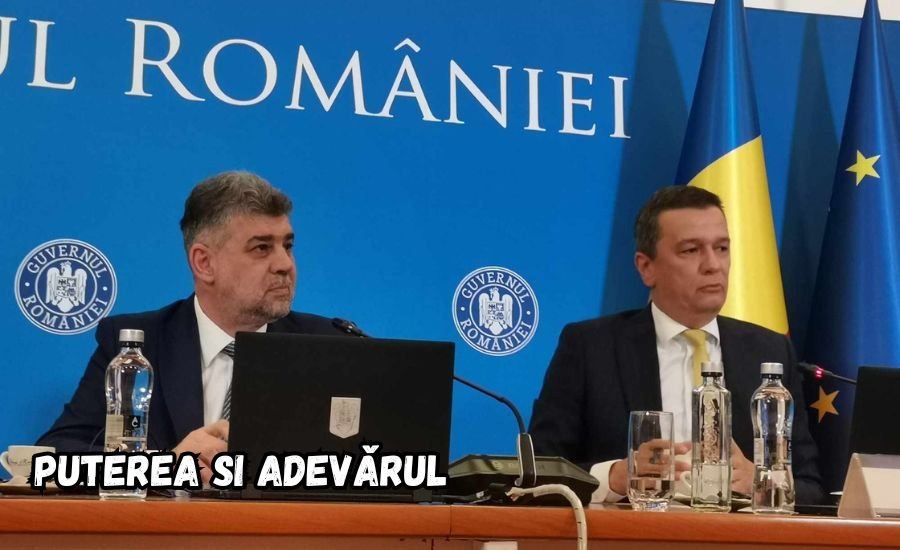
Looking ahead, the aviation industry faces a critical challenge: how to balance its economic and political power with the need for environmental responsibility. The future of aviation will be shaped by its ability to embrace sustainable practices and be transparent about its efforts to reduce its environmental impact.
The Rise of Eco-Friendly Aviation
In recent years, there has been a growing focus on developing more sustainable aviation technologies. From electric planes to biofuels, the industry is exploring various ways to reduce its carbon footprint. These efforts reflect a new kind of puterea—one that is rooted in environmental stewardship and long-term sustainability.
The Importance of Truth in Sustainability Efforts
As airlines adopt more sustainable practices, it is crucial that they are transparent about their progress. Adevărul in this context means being honest about the challenges and limitations of current technologies, while also highlighting the steps being taken to achieve a more sustainable future.
By being truthful about their environmental impact, airlines can build trust with consumers and stakeholders, ensuring that their efforts to reduce emissions are seen as credible and genuine.
Conclusion: Striking the Balance Between “Puterea și Adevărul”
In conclusion, puterea and adevărul are two sides of the same coin in today’s interconnected world. Power, whether economic, political, or technological, must be exercised responsibly, with a commitment to transparency, accountability, and truth.
In the aviation industry, these principles are particularly important, as the sector plays a crucial role in shaping the global economy, international relations, and technological innovation. By balancing puterea with adevărul, the aviation industry can continue to thrive while also addressing its environmental and social responsibilities.
As we move further into the digital age, the importance of truth and transparency will only grow. Industries that prioritize adevărul in their operations will be better positioned to maintain public trust, drive innovation, and ensure long-term success.
FAQs
Q: What does “puterea și adevărul” mean?
A: “Puterea și adevărul” translates to “power and truth” in English, focusing on the influence and transparency within industries, particularly in the digital era.
Q: How does power influence industries like aviation?
A: Power in aviation drives economic growth, global connectivity, and technological advancements, impacting economies and international relations.
Q: Why is truth important in the aviation industry?
A: Truth ensures transparency and accountability in aviation, promoting safety, trust, and compliance with international regulations.
Q: How does technology impact the balance between power and truth?
A: Technology enhances both power and truth by enabling innovation, improving transparency, and ensuring industries stay competitive and accountable.
Q: What role does sustainability play in the future of aviation?
A: Sustainability is crucial for reducing aviation’s environmental impact, with airlines investing in eco-friendly technologies and transparent practices.
Q: How does aviation contribute to global commerce?
A: Aviation connects markets worldwide, facilitating trade, tourism, and economic integration, making it vital for the global economy.
Read Next: Finbusiness




